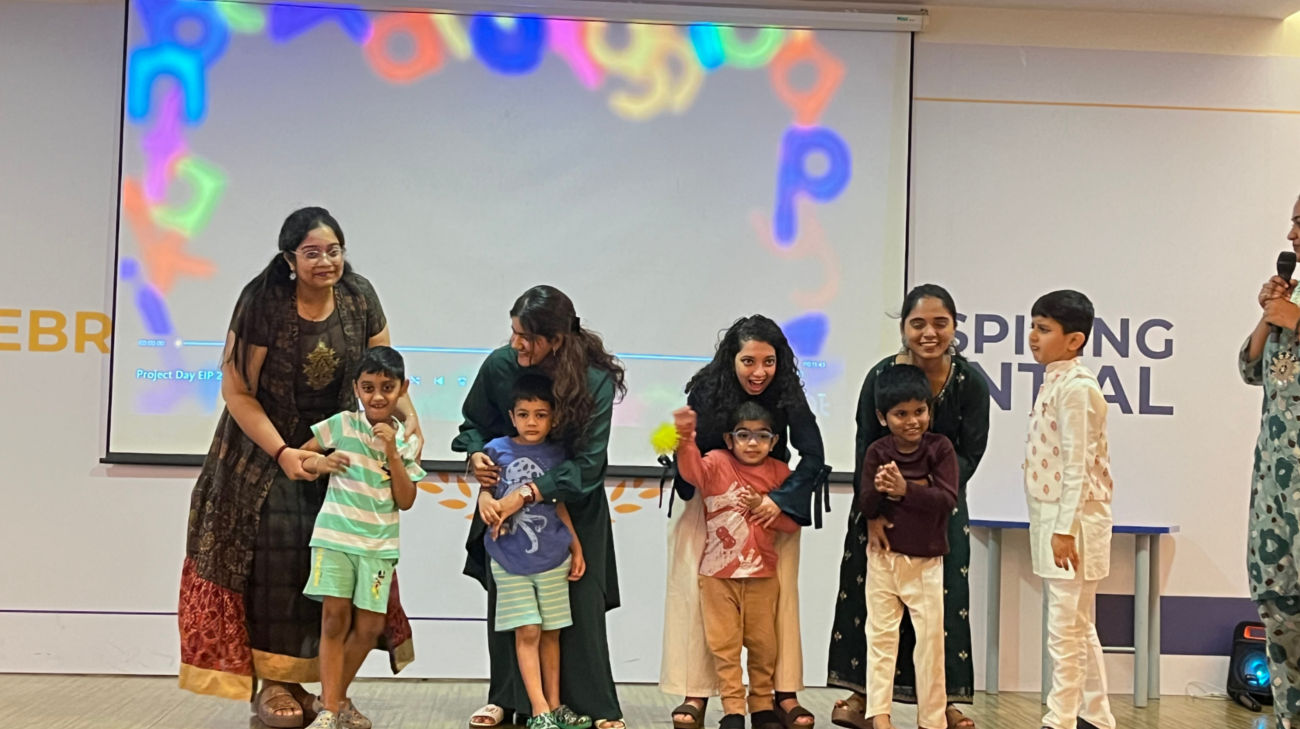

Success is often seen through the lens of grades, ranks, and test scores. For neurodiverse learners and special children, this narrow definition does not reflect their true potential. It is time we rethink what success means, especially for children with diverse learning needs.
Neurodiversity refers to the natural differences in brain function. This includes those with:
Special children process information differently. They learn and respond in unique ways. Every neurodiverse child is different. Their strengths and challenges vary. Therefore, a one-size-fits-all model of success is not fair or accurate for them.
Traditional education systems rely heavily on written assessments. These tools do not measure creativity, emotional intelligence, or problem-solving. Some children may not perform well on tests but still have strong problem-solving skills or creative abilities.
Grades often reflect memory and speed. They do not highlight the skills that special children may truly excel in, like art, music, storytelling, or empathy.
For neurodiverse learners, success is about growth, not comparison. It is about progress made at one's own pace. This may mean learning to express emotions clearly or completing a task independently.
Success is also about confidence, independence, and self-worth. When children feel valued, they feel motivated to try and grow.
Here are areas where neurodiverse children often show progress, which should be acknowledged and celebrated:
Here are a few examples that show how success goes beyond grades:
These stories may not appear on report cards. But they reflect true growth, confidence, and joy.
Parents are a child's first and longest support system. Their view of success shapes how children see themselves. Here's how parents can help:
Every child deserves to feel successful. For special children, success lies in small wins, personal growth, and a sense of belonging.
When schools, families, and communities come together to support neurodiverse learners, they redefine success in beautiful and lasting ways.
Let us shift from "How many marks did they get?" to "What progress did they make?"
Because every step forward is a success worth celebrating.